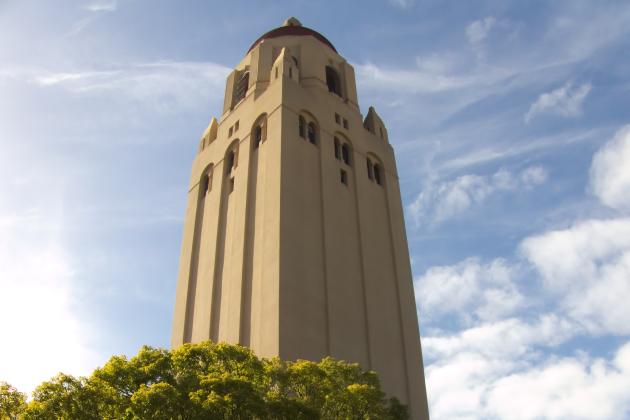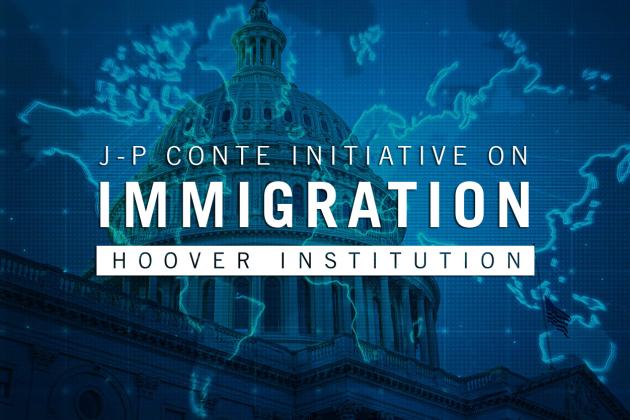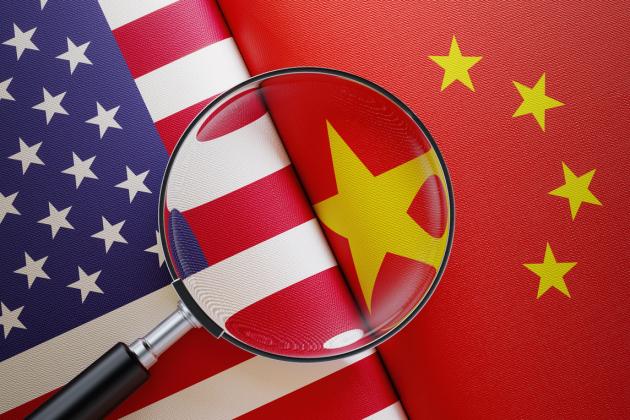PARTICIPANTS
Hiroshi Watanabe, George Shultz, John Taylor, John Cogan, John Gunn, John Shoven, Mr. & Mrs. Tony Kobayashi, John Ciorciari, and Matt Gunn
KEY ISSUES DISCUSSED
-
Effects of the Subprime Crisis in Asia – Watanabe noted that the direct effects of the subprime crisis Asian financial institutions have been limited, and Asian banking systems are not under serious threat. Watanabe explained that in Japan, banks have avoided taking on subprime exposure due to their experience of getting "burned" in the 1990s, their relative unfamiliarity and discomfort with structured products. In other parts of Asia, higher local interest rates have reduced the need to search for yield. Chinese banks appear to have the most extensive exposure, but their losses can largely be covered by record profits, and the China Investment Corporation, a sovereign wealth fund, may provide support if needed.
-
Effects of the U.S. Slowdown in Asia – Watanabe argued that a U.S. slowdown would be a much more significant problem for Asia. He estimated that Japan could lose 0.3% in GDP growth if U.S. growth drops by 1% in 2008. Other economies—particularly China, Korea, and some ASEAN states—are even more sensitive to U.S. export demand. The region is certainly not ―decoupled,‖ but Watanabe argued that diversification of trade and other factors, including regional financial cooperation, have made Asia more resilient. Outside of China, where inflation is a growing concern, he argued that most Asian governments have room to ease rates and to take fiscal stimulus measures if needed.
-
Sovereign Wealth Funds – Watanabe began by noting that SWFs built on oil & gas revenues differ from those built on trade surpluses (namely in China and Korea), because the latter have to pay sterilization costs. This is a challenge for China’s SWF, which also has to factor RMB appreciation into its expectations of return on dollar-denominated investments. Watanabe said that Japan is pursuing plans for a SWF very carefully and would probably keep its SWF small relative to Japan’s $1 trillion reserves. He then turned to the issue of transparency, noting that while Singapore has been more forward-leaning in some recent discussions, the Gulf countries generally have not, citing confidentiality needs. The group discussed some possible policy measures beyond calls for transparency that would promote responsible, profit-driven SWF behavior. The group noted that while SWFs now hold $2-3 trillion in assets, they are expected to grow quickly, making their sheer size an issue.
-
Global Imbalances – Watanabe drew attention to some factors contributing to global imbalances, including high Asian corporate savings and "defensive saving" in countries with poor social safety nets and the transfer of wealth to oil-producing economies with high marginal propensities to save. He noted that the G7 has been less active on the topic as the RMB has appreciated and the U.S. current account has narrowed. Watanabe argued that currencies in oil-exporting Gulf countries need to appreciate as well, though the U.S. government has been careful not to push the Gulf countries away from pricing oil in dollars.









